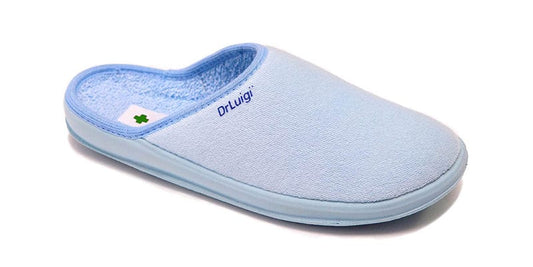What is Tophaceous Gout?
Tophaceous gout is an advanced form of gout characterized by the accumulation of uric acid crystals in the soft tissues around the joints, resulting in the formation of tophi, or crystal deposits. This chronic condition often develops after years of untreated or poorly controlled gout and can lead to joint degeneration, deformities, and mobility issues.
Symptoms of Tophaceous Gout:
- Joint discomfort: Tophaceous gout can cause significant and chronic joint pain.
- Joint stiffness: Affected joints may feel stiff and limit movement.
- Swelling: Joints may become swollen and tender to the touch.
- Tophi: Small, firm, whitish or yellowish bumps may form beneath the skin around damaged joints.
Diagnosis: Diagnosing tophaceous gout involves a combination of physical examination, medical history review, and diagnostic tests, including:
- Blood tests to measure uric acid levels.
- Joint aspiration to examine fluid for uric acid crystals.
- X-rays and ultrasound to visualize joint damage and tophi.
Treatment Options:
- Lifestyle Changes: Maintaining a healthy weight, following a balanced diet, limiting alcohol intake, and staying hydrated can help control gout and prevent further episodes.
- Medications: Nonsteroidal anti-inflammatory drugs (NSAIDs), colchicine, and corticosteroids are commonly prescribed to relieve pain and inflammation associated with tophaceous gout.
- Uric Acid-Lowering Medications: Drugs like allopurinol and febuxostat are used to lower uric acid levels in the blood, reducing the risk of gout episodes and tophi formation.
- Tophi Removal: In some cases, tophi may need to be surgically removed if they cause discomfort or deformity.
- Surgery: Severe cases of tophaceous gout may require surgical intervention to remove tophi, repair joint damage, and address mobility issues.
Conclusion: Tophaceous gout is a serious condition that requires comprehensive management to alleviate symptoms, prevent complications, and improve quality of life. Early diagnosis and appropriate treatment can help individuals with tophaceous gout effectively manage their condition and reduce the risk of long-term joint damage. It's essential for individuals experiencing symptoms of tophaceous gout to consult with a healthcare professional for proper evaluation and management.





